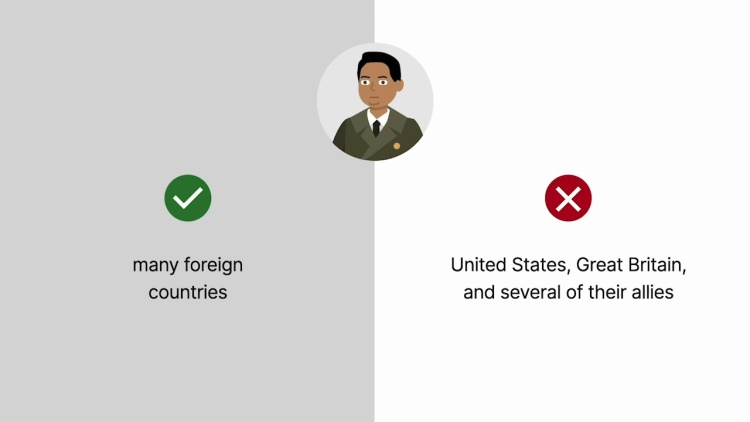Tinoco Claims Arbitration (Great Britain v. Costa Rica)
William H. Taft, Sole Arbitrator
1 U.N. Rep. Int’l Arb. Awards 369 (1923)
- Written by Angela Patrick, JD
Facts
Federico Tinoco seized control of Costa Rica (defendant) in a military coup in January 1917. Tinoco then called an election, at which he was elected president. A new constitution was created, and a new legislative assembly was elected. While Tinoco held power, his government managed the country’s affairs relatively peacefully, and no other government tried to assert control. Many foreign countries recognized Tinoco’s government, but, for policy reasons, Great Britain (plaintiff) did not. Tinoco’s government entered into contracts with private entities in other countries, including Great Britain. For instance, Tinoco’s government contractually granted rights to a British corporation to discover and exploit oil deposits in certain regions. Tinoco’s government also entered into a loan contract to receive funds from a British bank. The loan funds were used mostly to help Tinoco escape when his government collapsed in 1919. The new Costa Rican government nullified all contracts between Tinoco’s government and private entities and claimed that Tinoco’s government had lacked constitutional authority to enter into the oil contract. Great Britain and Costa Rica agreed to arbitrate the validity of the British corporation’s oil rights in Costa Rica and the loan debt Costa Rica owed to the British bank. William H. Taft, then chief justice of the United States Supreme Court, was appointed as the arbitrator.
Rule of Law
Issue
Holding and Reasoning (Taft, J.)
What to do next…
Here's why 907,000 law students have relied on our case briefs:
- Written by law professors and practitioners, not other law students. 47,100 briefs, keyed to 996 casebooks. Top-notch customer support.
- The right amount of information, includes the facts, issues, rule of law, holding and reasoning, and any concurrences and dissents.
- Access in your classes, works on your mobile and tablet. Massive library of related video lessons and high quality multiple-choice questions.
- Easy to use, uniform format for every case brief. Written in plain English, not in legalese. Our briefs summarize and simplify; they don’t just repeat the court’s language.





